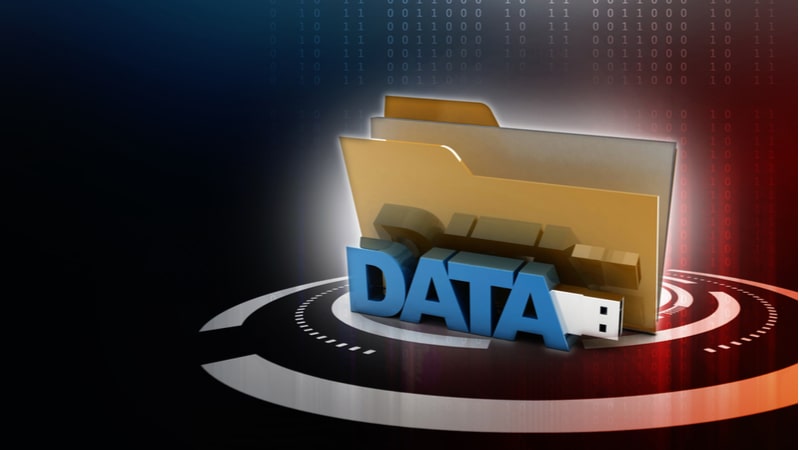
Sen. Kirsten Gillibrand, D-N.Y., reintroduced legislation today that would create the Data Protection Agency (DPA), which would serve as an independent Federal agency intended to safeguard Americans’ data and privacy and ensure fair and transparent data practices.
The Data Protection Act was first introduced in February 2020, but never received a vote. The newest version of the bill has been updated to include “provisions to protect against privacy harms and discrimination, oversee the use of high-risk data practices, and to examine and propose remedies for the social, ethical, and economic impacts of data collection,” according to a press release.
“In today’s digital age, Big Tech companies are free to sell individuals’ data to the highest bidder without fear of real consequences, posing a severe threat to modern-day privacy and civil rights. A data privacy crisis is looming over the everyday lives of Americans and we need to hold these bad actors accountable,” Sen. Gillibrand said.
“The new and improved DPA of 2021 takes on even bigger and bolder reforms, including provisions to help the DPA address Big Tech mergers, penalize high-risk data practices, and establish a DPA Office of Civil Rights,” she added. “The U.S. needs a new approach to privacy and data protection and it’s Congress’ duty to step forward and seek answers that will give Americans meaningful protection from private companies that value profits over people.”
The act would grant DPA the authority to review mergers from Big Tech giants, allowing the new agency to review large transfers of data containing the personal information of 50,000 or more individuals. Additionally, it would develop data and privacy standards and guidelines for both the private and public sectors.
“Facebook, YouTube, and other Big Tech companies have abused millions of users’ data, and paying fines has become part of the cost of doing business,” said Sen. Brown, an original cosponsor of the bill and chairman of the Senate Committee on Banking, Housing, and Urban Affairs. “We need stronger protections for people’s personal data. That means a robust independent data protection agency like the [Consumer Financial Protection Bureau), with the tools and resources to protect people’s data and privacy.”
